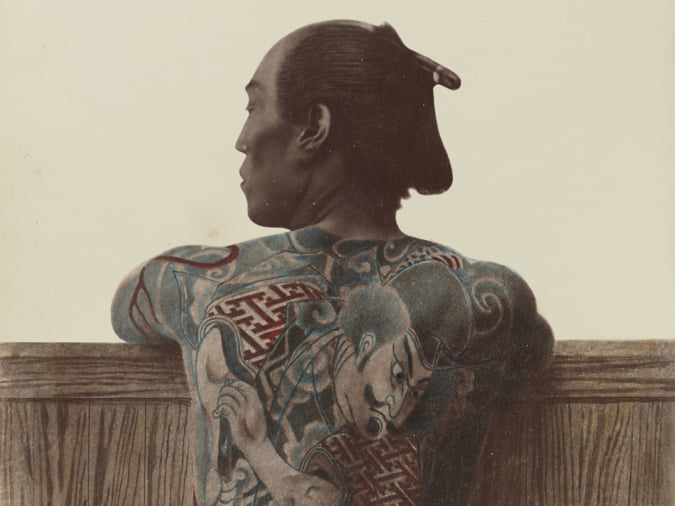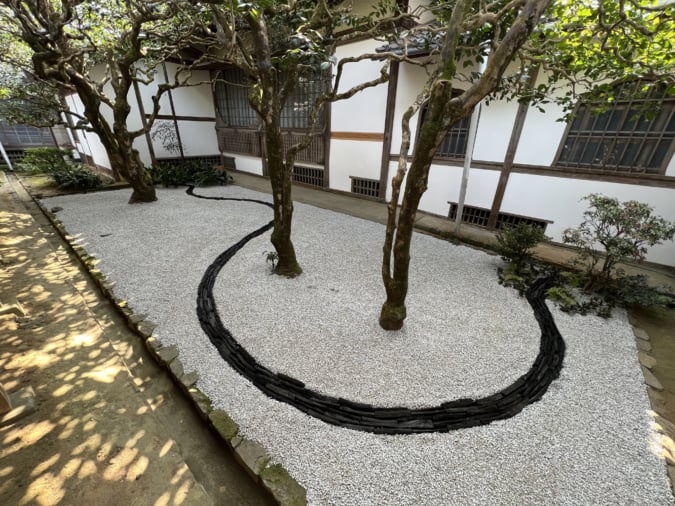Studio Kuku Reveals its Wooden Heart
In Komoro, a village encircled by greenery, the Tani family designs furniture and wooden objects in keeping with the surrounding forest.
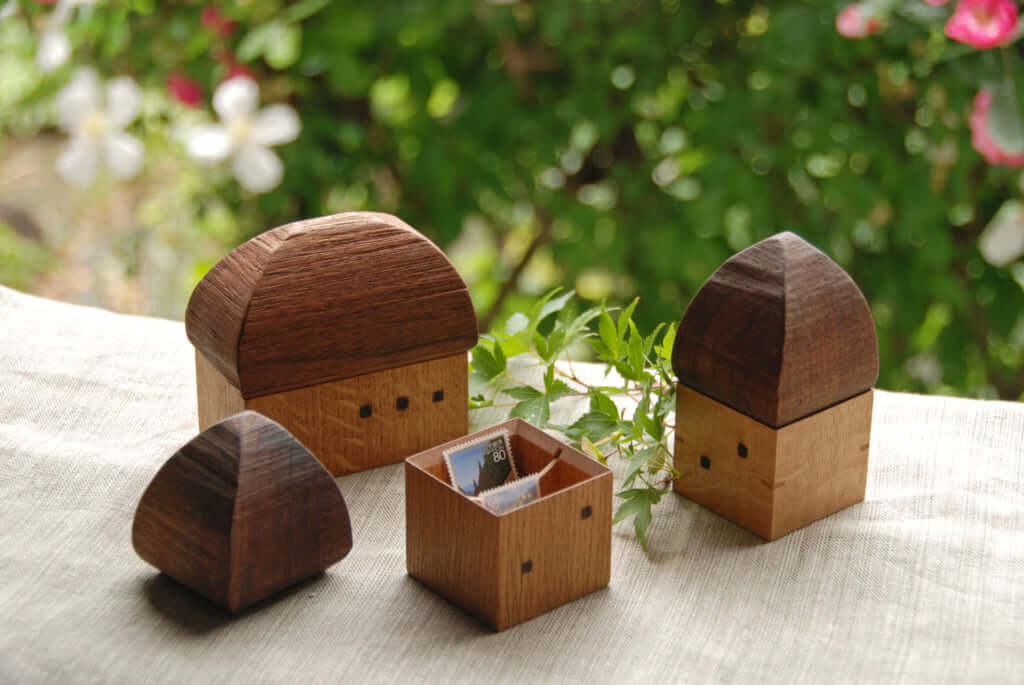
© 2009 Kyoko Tani
All around there are forests, hot springs, and temples. We are in the region of Nagano, at the foot of mount Asama, in the small town of Komoro. It is in this dream-like landscape that the husband-and-wife team, the Tanis, have established their design studio, Studio Kuku.
Keeping the spirit of wood alive
Ku refers to the spirit of the tree in the Nihon Shoki, a classical Japanese text published in 720. Kuku is thus a reference to the multitude of wood that is used by the artisans of Studio Kuku to create furniture, wooden tableware, and other accessories.
Imbued with the animist tradition specific to Shintoism, the couple explains that the spirit of the tree is transferred to the person who creates the object, and then on to the person who uses it. According to them, the new owners of their creations will therefore keep the spirit of wood alive in turn.
Studio Kuku’s creations can be found on their website, Instagram page, or in their studio.
Address: 4741 Amaike , Komoro City, Nagano 384-0021 Japan.
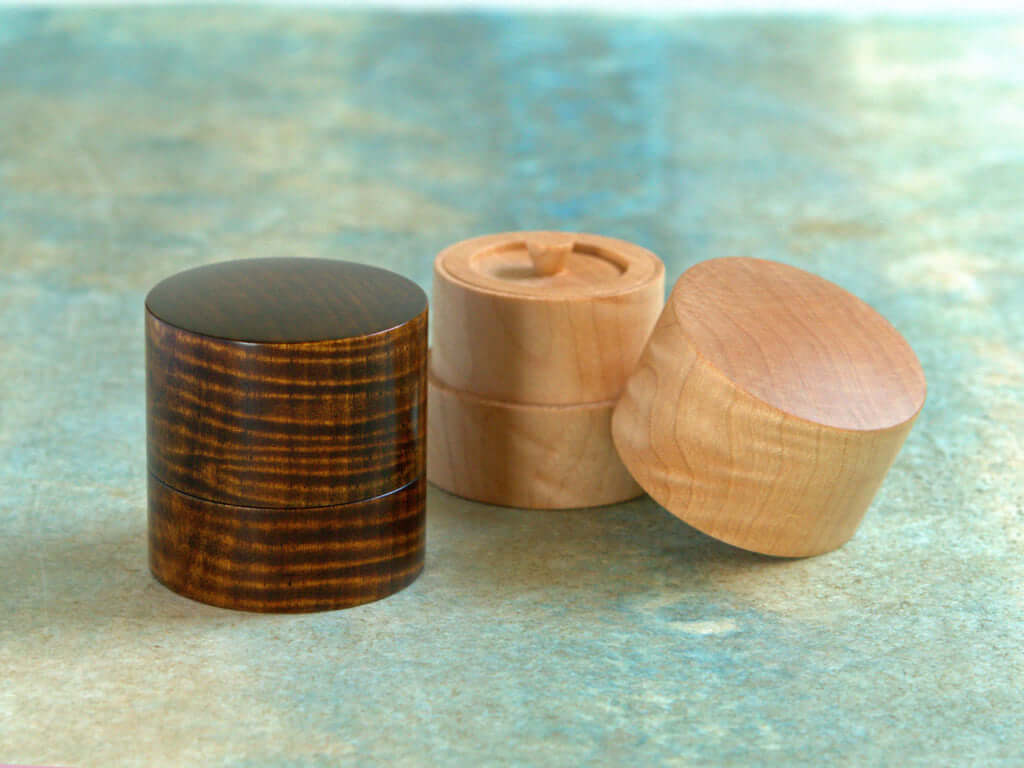
© 2018 Kyoko Tani
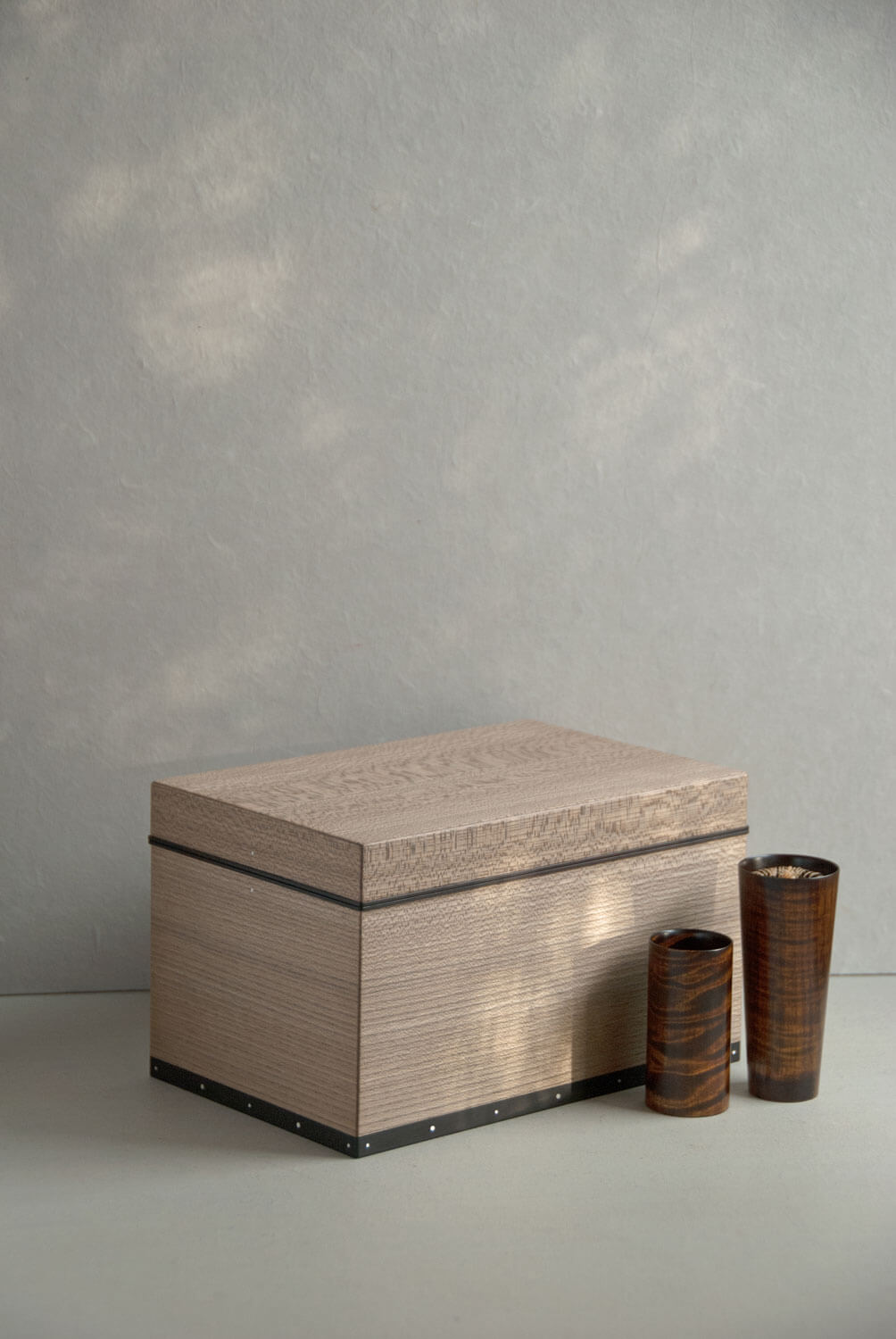
©2017 Kyoko Tani
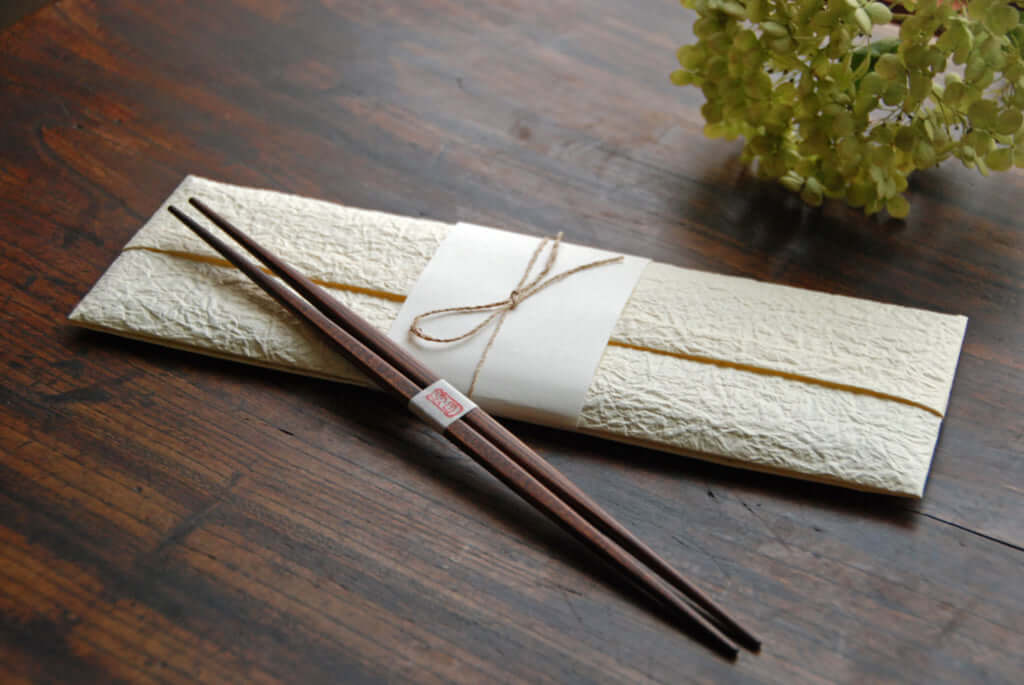
© 2007 Kyoko Tani
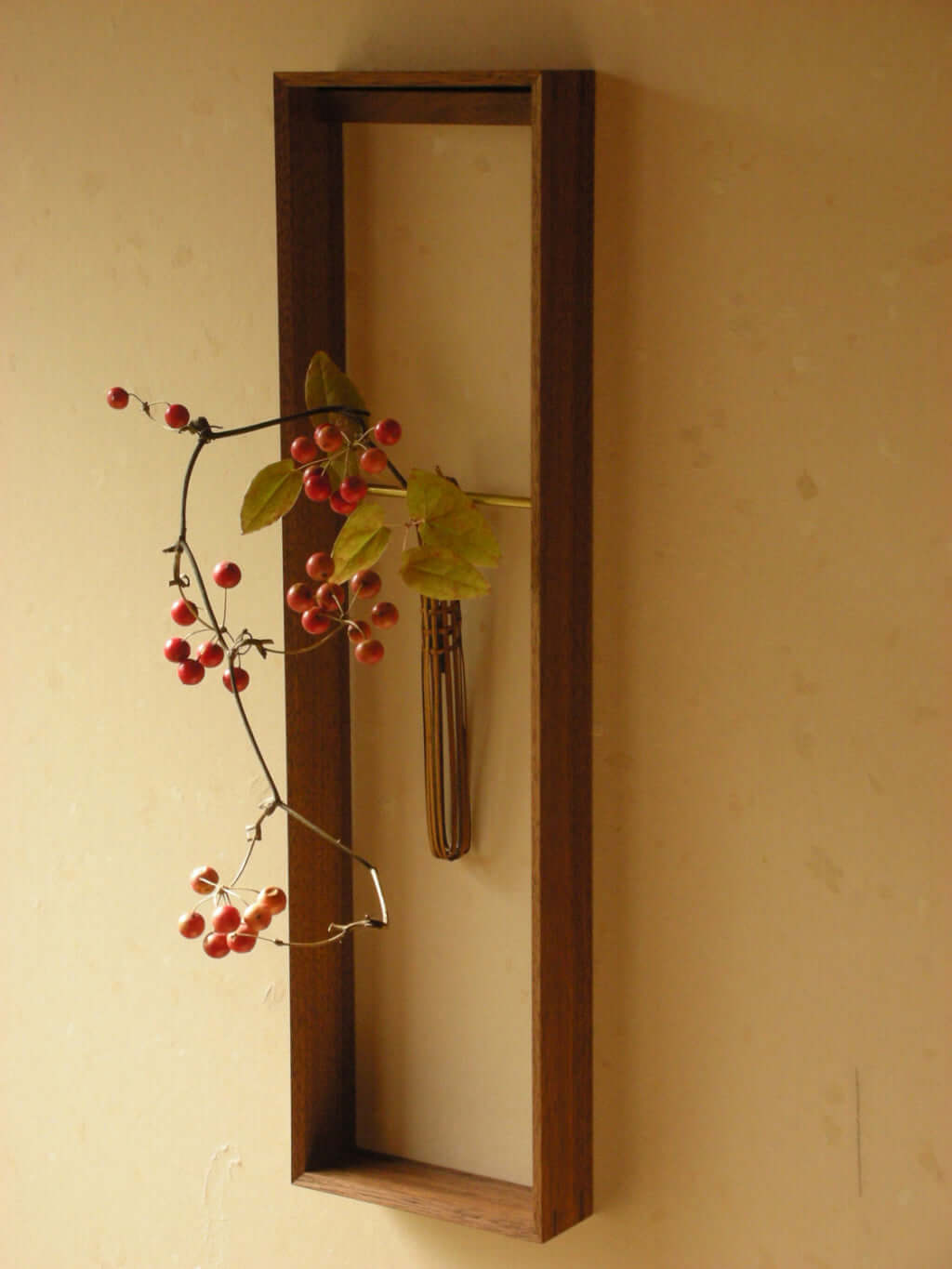
© 2007 Kyoko Tani
TRENDING
-
Colour Photos of Yakuza Tattoos from the Meiji Period
19th-century photographs have captured the usually hidden tattoos that covered the bodies of the members of Japanese organised crime gangs.

-
A Rare Japanese Garden Hidden Within Honen-in Temple in Kyoto
Visible only twice a year, ‘Empty River’, designed by landscape architect Marc Peter Keane, evokes the carbon cycle.

-
The Tattoos that Marked the Criminals of the Edo Period
Traditional tattoos were strong signifiers; murderers had head tattoos, while theft might result in an arm tattoo.

-
The Nobu Empire, the Fruit of the Friendship between the Chef and Robert De Niro
The two men are partners in Nobu Hospitality, a luxury restaurant and hotel brand that has become a global success.

-
Hayao Miyazaki, the Man Who Adored Women
The renowned director places strong female characters at the heart of his work, characters who defy the clichés rife in animated films.

